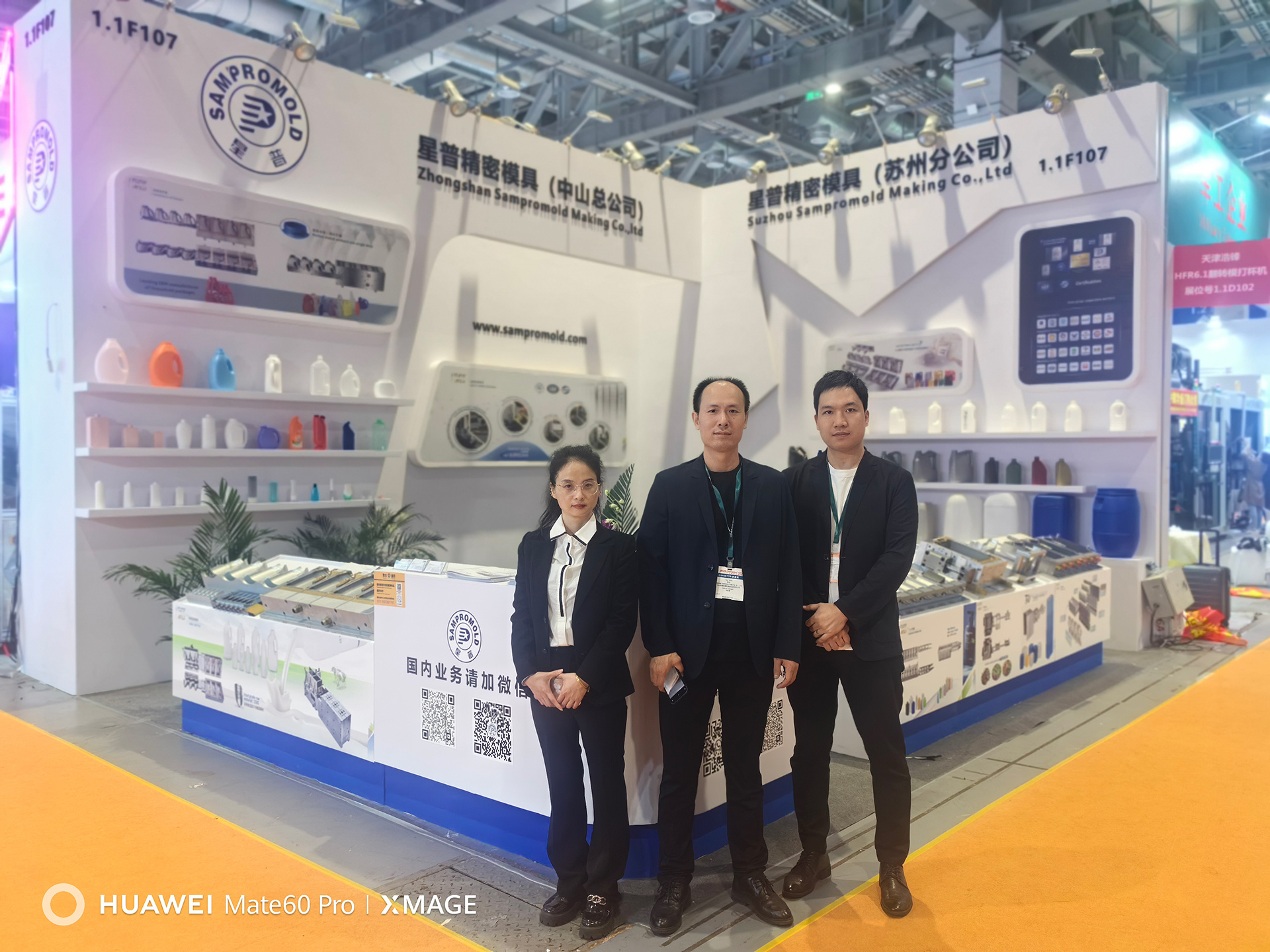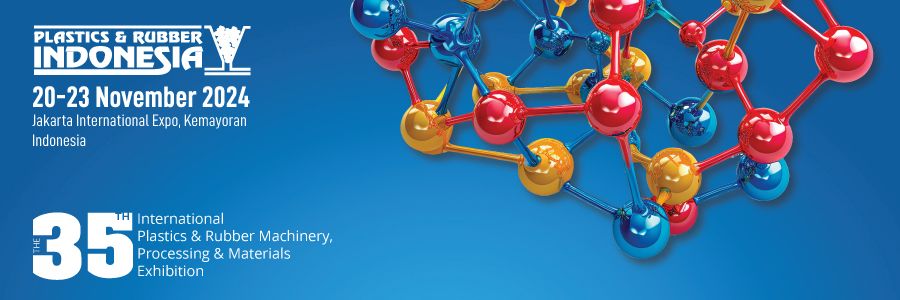Exploring the Latest Innovations in Polymer Injection Molding
Time:
2025-06-07
In the realm of manufacturing and processing machinery, particularly in the field of molding and plastic forming, the newest polymer injection mold technology has garnered significant attention. This technique not only enhances the efficiency of production but also ensures high-quality output, making it an essential consideration for manufacturers.
Polymer injection molding is a manufacturing process that involves injecting molten polymer into a mold to create various plastic components. The newest polymer injection molds integrate advanced materials and technologies that improve the overall performance and lifespan of the molds. These innovations arise from a growing demand for more complex and precise shapes in a variety of industries, including automotive, electronics, and consumer goods.
One of the primary benefits of the newest polymer injection molds is their ability to reduce production time. With enhanced designs and streamlined processes, manufacturers can produce more parts in less time, increasing overall productivity. Additionally, these molds often come with improved thermal management systems, which allow for better temperature control during the injection process. This leads to more consistent part quality and reduces the likelihood of defects, ultimately minimizing waste and lowering production costs.
Another significant advancement is in the area of mold materials. The latest polymer injection molds are often made from high-performance alloys or composites that resist wear and corrosion better than traditional materials. This longevity not only extends the mold's lifespan but also reduces maintenance costs, making them a more economical choice for manufacturers in the long run.
Furthermore, the newest polymer injection molds incorporate advanced technology such as computer-aided design (CAD) and simulation software. These tools enable engineers and designers to create highly intricate molds with precision and predict how the materials will behave during the injection process. This predictive capability helps in optimizing the mold design before production begins, reducing the risk of costly mistakes.
Sustainability is also a growing concern in the industry, and the newest polymer injection mold technologies are evolving to address this challenge. Many manufacturers are exploring bio-based polymers and recyclable materials that can be processed using these advanced molds, thus contributing to a more sustainable manufacturing process.
In summary, the newest polymer injection molds represent a pivotal advancement in the manufacturing sector. With their ability to enhance efficiency, improve product quality, and support sustainable practices, these molds are setting the stage for the future of plastic component manufacturing. By staying informed about these innovations, manufacturers can better position themselves to thrive in a competitive market.
Polymer injection molding is a manufacturing process that involves injecting molten polymer into a mold to create various plastic components. The newest polymer injection molds integrate advanced materials and technologies that improve the overall performance and lifespan of the molds. These innovations arise from a growing demand for more complex and precise shapes in a variety of industries, including automotive, electronics, and consumer goods.
One of the primary benefits of the newest polymer injection molds is their ability to reduce production time. With enhanced designs and streamlined processes, manufacturers can produce more parts in less time, increasing overall productivity. Additionally, these molds often come with improved thermal management systems, which allow for better temperature control during the injection process. This leads to more consistent part quality and reduces the likelihood of defects, ultimately minimizing waste and lowering production costs.
Another significant advancement is in the area of mold materials. The latest polymer injection molds are often made from high-performance alloys or composites that resist wear and corrosion better than traditional materials. This longevity not only extends the mold's lifespan but also reduces maintenance costs, making them a more economical choice for manufacturers in the long run.
Furthermore, the newest polymer injection molds incorporate advanced technology such as computer-aided design (CAD) and simulation software. These tools enable engineers and designers to create highly intricate molds with precision and predict how the materials will behave during the injection process. This predictive capability helps in optimizing the mold design before production begins, reducing the risk of costly mistakes.
Sustainability is also a growing concern in the industry, and the newest polymer injection mold technologies are evolving to address this challenge. Many manufacturers are exploring bio-based polymers and recyclable materials that can be processed using these advanced molds, thus contributing to a more sustainable manufacturing process.
In summary, the newest polymer injection molds represent a pivotal advancement in the manufacturing sector. With their ability to enhance efficiency, improve product quality, and support sustainable practices, these molds are setting the stage for the future of plastic component manufacturing. By staying informed about these innovations, manufacturers can better position themselves to thrive in a competitive market.
RELATED NEWS












